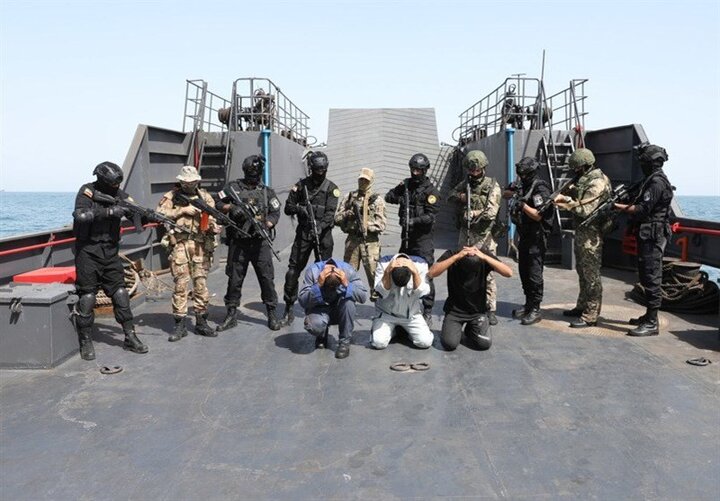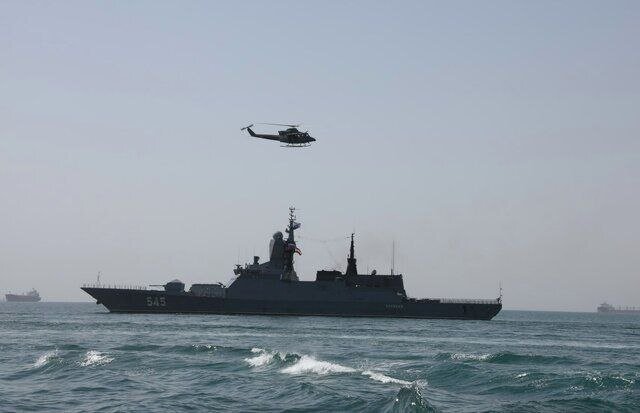
For instance, Kuwait, a key player in the global oil market, has recently experienced a significant setback in its petrol exports to Europe with a staggering 43 percent decline, according to a recent S&P Global Commodities report.
This decrease is mainly caused by escalating pressure on ship owners to steer clear of the Red Sea, which has seen an exchange of fire between American and Yemeni forces in recent days.
The situation escalated after the US-UK Alliance carried out airstrikes on Yemen earlier this month.
The two countries claimed that they had acted to protect international shipping from Yemeni attacks.
This is while attacks by Yemenis are only aimed at Israeli vessels, or vessels moving toward the Israeli-occupied territories.
Yemen has stressed that this is a targeted effort to apply pressure on the Israeli regime to move towards an urgent ceasefire in Gaza.
In light of US-led attacks against Yemen, the situation has especially hurt Europe, significantly impacting its imports of energy resources in the first half of this month.
European supply chains are already strained, experiencing delays, increased shipping costs, and, potential financial losses, for businesses dependent on the Red Sea route.
It appears that Europe’s steadfast support for Israel has had severe repercussions for the continent itself.
Europe finds itself in a precarious position as it appears to be embarking on a military involvement in the region, risking its vested interests in the Persian Gulf region and its trade connections.
In the meantime, the Yemeni Resistance combatants are being hailed across Muslim countries for adopting effective strategies to pressure Israel to agree to a ceasefire in Gaza.
As the world continues to monitor these developments in the Red Sea, the Yemeni Resistance combatants continue to fight to pressure Israel for an immediate ceasefire in Gaza.
SD/PressTV







